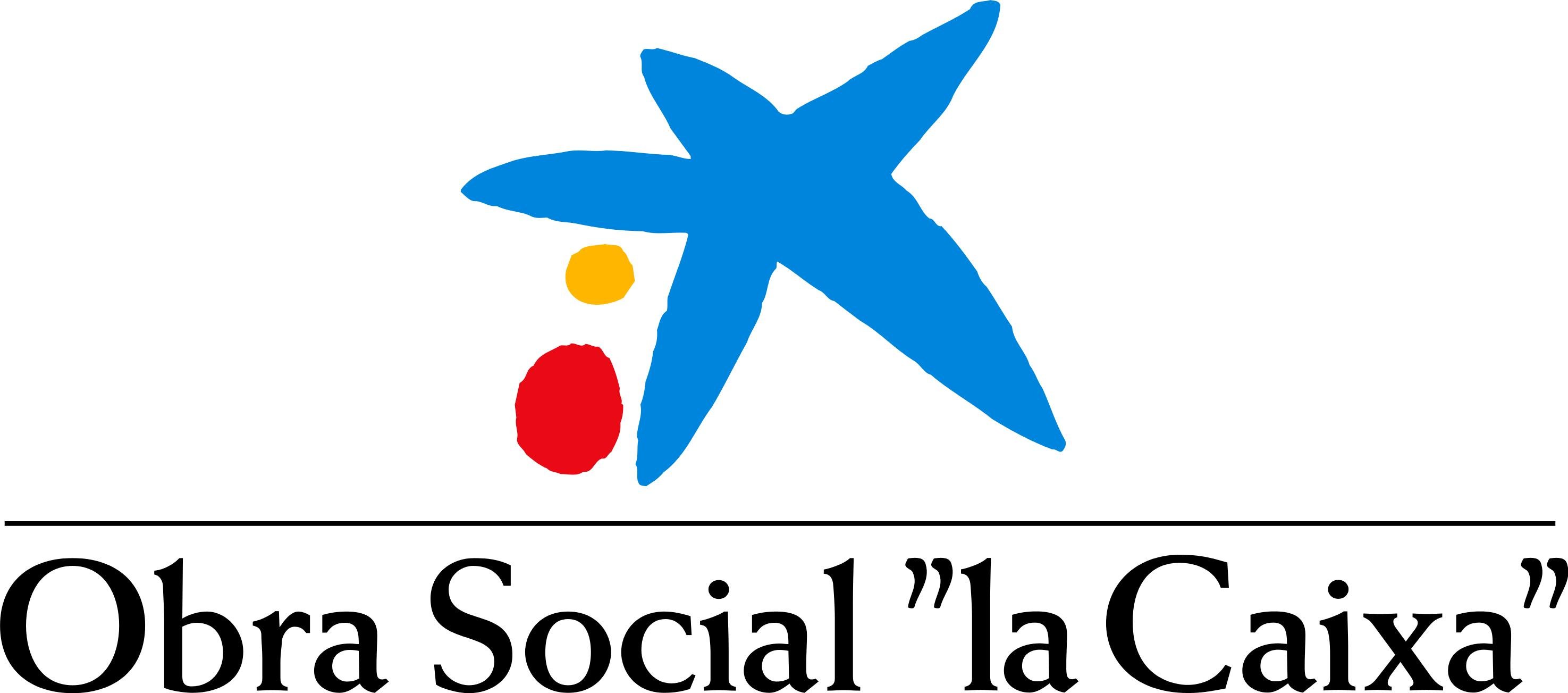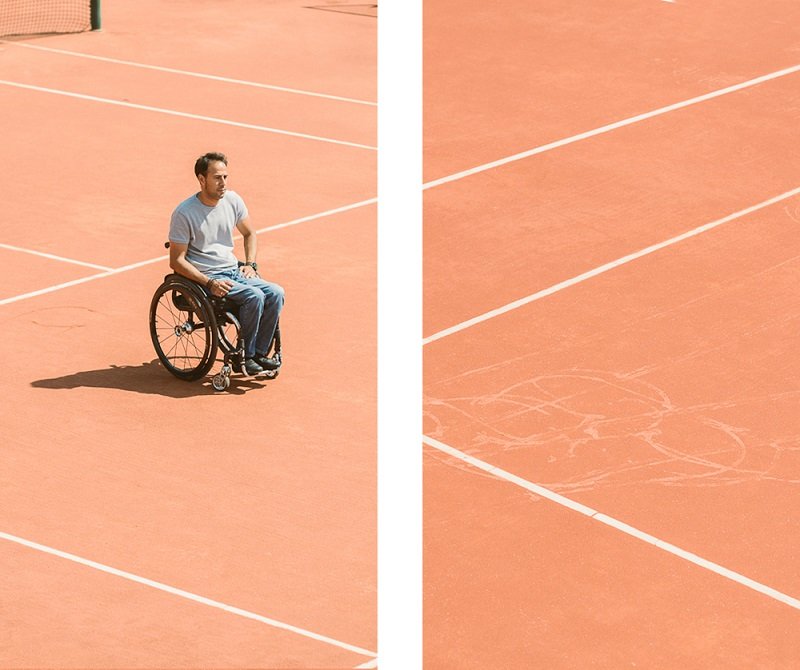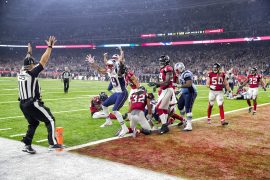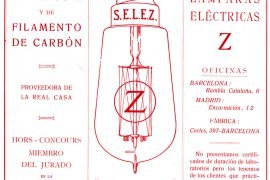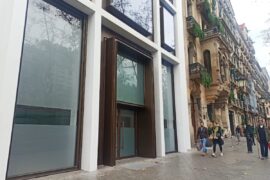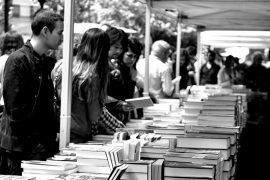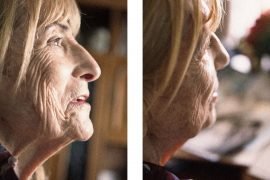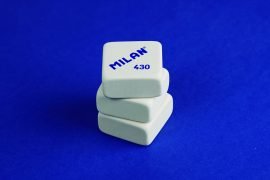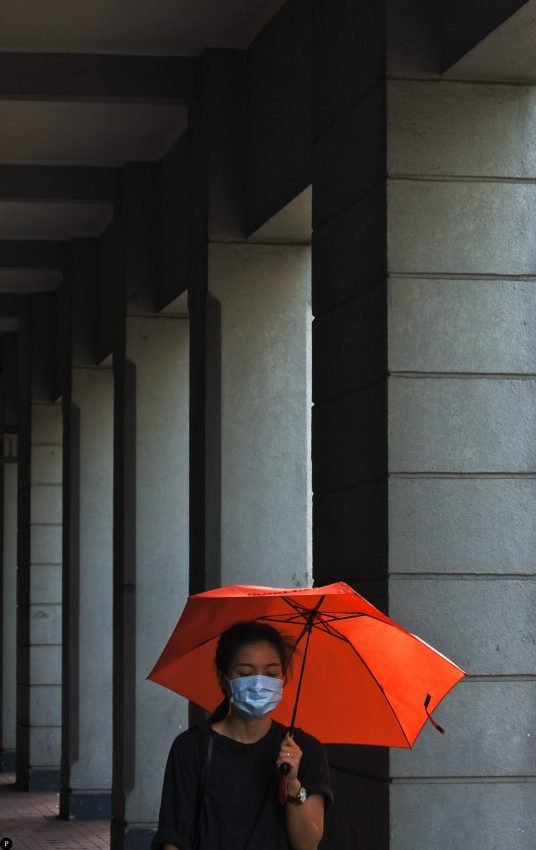How did tennis come into your life?
I became familiar with the adapted version of the sport in the rehabilitation that I did at the Guttmann Institute shortly after the accident. One day, I was with my wife at the Spanish championship watching them compete and I was amazed by how the players moved around in their wheelchairs, how they nailed the shots. I was glued to the fence and my wife said, “Don’t tell me you want to be a tennis player now!” And yes, here I am, competing since 2010.
And since that wasn’t enough, you decided to set up a tennis tournament.
Yes, because every time I travelled to compete the same thing happened. I was asked where I was from and when I said Barcelona, everyone showered praise on the city and said that they were dying to come here. So, I wondered: “Why don’t we have an international wheelchair tennis tournament in the city?”
How did you pull it off?
At around the same time, I had met Johan Cruyff at a paddle tennis event. He helped me get financing to compete the first year. Well, actually, he told me, “I’ll help you one year, and after that you’ll have to show whether or not you’ve got the right stuff”. Later I was made an ambassador of the Cruyff Foundation, which gave me a scholarship to earn a Master’s in Sports Management. There I learned about marketing and finance and began to dream up the tournament, which started as a project in my Master’s, but some professors told me that the project was great and that I should carry it out. So, the first edition was held last year.
It seems like you picked up a racquet as soon as you became wheelchair-bound, but how did this process of reinventing yourself really happen?
It’s not easy to start a new life. You wake up in the hospital one day and can’t feel your legs. And you think, “Oh my gosh, what’s my life going to be like now?” At first you feel very scared and think you’re going to become useless, you’re always going to be in bed. Then you realise that that’s not true. There is also a period of anger when you wonder, “Why me?” But I try to think positively. It’s true, I could have had a less severe injury, but I could have had a worse one, too. With this analysis of thinking that I’ve actually been very lucky, that I just have to use a wheelchair and it’s not that big a deal, I moved forward. And later, tennis came in the rehabilitation; it made me stronger and more independent. It was a great idea to use tennis as a form of rehabilitation and even social inclusion.
But it’s kind of a solitary sport to be a therapy.
Yes, but it also makes you hustle, because you’ve got to travel by yourself around Europe and you become more independent. I tried basketball and I was hit so many times that I figured it wasn’t for me. Tennis is also hard and technical, both physically and mentally. But it motivates me, even if a two-and-a-half-hour game is really hard because unlike other sports like swimming or running, you’re by yourself. But on the other side of the net is a guy who’s trying to beat you. Later, off the court, there’s a great vibe among the athletes. I have really good friends on the tennis circuit.
You’ve also won prizes in doubles…
It’s a bit easier. When you’re feeling off, your partner steps up. When you win, it’s more satisfying; when you lose, there’s consolation. And it’s also more spectacular, because the exchanges last longer and sometimes we even run into each other, when the ball falls in the middle of the court and we both race to it at the same time. It’s fun.
Do you prefer to organise a tournament or play in one?
I prefer to play in one, but I have a reason for organising one: fulfilling my dream of getting more people aware of wheelchair tennis. It’s really spectacular and people love it. But they have to learn about it. The work of organising it is hard and extremely stressful, but when you begin to get kudos from players, the audience, institutions, etc., it’s extremely gratifying. When I’m done competing, I’ll carry on organising. I have a moral debt and want to give back to tennis what it has given me. So, come to the tournament and bring your colleagues!
What are your other passions besides tennis?
Right now, it’s my children Héctor and Adriana, five-year-old twins, who are growing way too quickly. What I haven’t pulled off is getting them to pick up a racquet. He does judo and she does rhythmic gymnastics. They don’t like tennis.
Being in a wheelchair doesn’t seem to have made you any less happy.
I’m 100% happy, just as happy as I was before the accident. Or maybe even a bit happier. Everything I do is thanks to the wheelchair. If I’m here organising this tournament, it’s thanks to the wheelchair. I’ve lived two lives: one before and this one seated. Of course, I’d prefer to walk, because everything would be easier, but this experience has helped me focus on what really matters.
Interview: Germán Aranda
Photograph: Rita Puig-Serra
You can read more stories like this on ALMA, the social social media, a digital space devoted to the social field, which brings a new look at the present and the future of society, from an optimistic and diverse point of view, and from all the initiatives that “la Caixa” Foundation promote.

